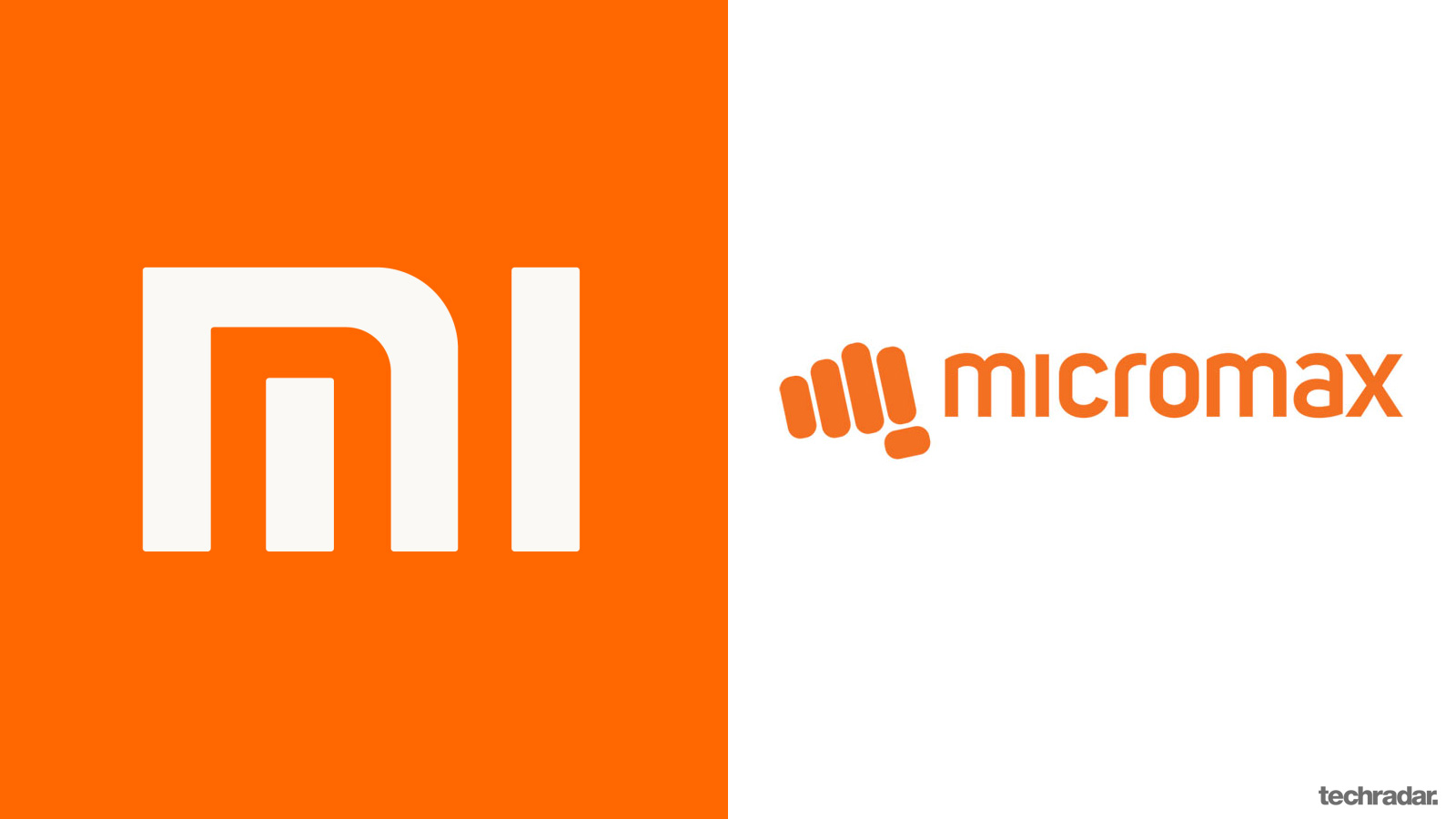Xiaomi vs Micromax: A tale of two smartphone brands
Is it the end of the road for domestic OEMs?

The smartphone market is one of India’s fastest-growing business sector, and an increasing number of consumer electronics brands want a slice of the action. A number of players, both domestic and foreign, have entered this market in recent years with varying degrees of success.
There’s no denying that the arrival of Chinese smartphone makers in particular has had a huge impact on domestic brands like Micromax and Intex. Companies that once dominated in terms of market share are now struggling to retain a foothold in this increasingly crowded space.
To get a clear idea of how Chinese manufacturers have impacted the Indian smartphone industry, we have compared the market records of leading players from both nations: Xiaomi from China and Micromax from India.
According to market research firm IDC, the Redmi Note 4 by Xiaomi was the highest-selling smartphone by volume in the first quarter of 2017, shipping 1.8 million units. It toppled South Korean giant Samsung, which had held the much-coveted ‘best-selling smartphone in a quarter' title for the previous last six-and-half years, thanks to its budget J series.
And it’s not just the Note 4, but also the Redmi Note 3, Redmi 3S, Redmi 3S Prime. Every phone the company has launched in the last year has received an overwhelming reception from Indian customers. As a result, Xiaomi has become the second-largest smartphone vendor in India – the third-largest smartphone market in the world.
It is worth noting, however, that Xiaomi is yet to replicate that success in the premium smartphone sector. It has been very cautious about bringing its Mi handsets to India, testament to the failure of the Mi5, and to Chinese rival OnePlus's stranglehold on the Rs. 20K-Rs 30K price range on online platforms.
If Xiaomi can come up to launch its flagship phones in India with a similar price tag as of China, the company might as well conquer the high-end mobile market few years down the line.
Get daily insight, inspiration and deals in your inbox
Sign up for breaking news, reviews, opinion, top tech deals, and more.
The Internet+ model
The company on the other hand is investing on offline channels which they say is based on their ‘Internet+ model of business.’
Currently, Xiaomi sell in more than 10,000 offline stores which include distribution in Delhi, Chandigarh, Jaipur and Hyderabad. They also sell via Large Format Retail (LFR) partners - Poorvika, Sangeetha, BigC and LOT. With its plan to set up 100 Mi Home store in two years, the company hopes to have 25% of their sales coming from offline sales which currently stands at 10%, by the end of this year.
When we asked about what makes the company hit the right chord every time, Jai Mani, the Product Lead of Xiaomi India said, ‘’We work closely with our Mi Fans who are the core of our marketing approach. We ask our them to provide feedback and always try to incorporate it to elevate our consumer experience.”
On the contrary, Gurgaon-based Micromax has been facing the brunt following the entry of Chinese phone makers into the Indian market. It was standing tall with 16.5 percent market share in Q1 2015 making it then second largest smartphone maker in India. However, later it succumbed to the aggressive price strategy implemented by Chinese counterparts.
As a fallout, its smartphone market share plummeted to 2.74 percent in Q1 2017, taking it down to the 9th position. The company which once took the fight against the smartphone giants like Nokia, Apple, Samsung, and Motorola to climb to second spot is now miserably failing to counter its Chinese peers.
It seems, however, the domestic phone maker has much up its sleeves to fight back. Rahul Sharma, the founder of Micromax, said in an interview with Gadgets Now "What you will see over the next few months will be Micromax 3.0," which he claims will help the company to retain the past glory. Though it is a herculean task to achieve, it cannot be ruled out.
What you read is about two companies of which one company from a foreign land came out of nowhere and conquered the market and the another one is a homegrown manufacturer who nosedived from the second spot to ninth position in just two years.
We have to wait and see if Micromax has still some fight left in it to turnaround its fortunes.
Sudhanshu Singh have been working in tech journalism as a reporter, writer, editor, and reviewer for over 5 years. He has reviewed hundreds of products ranging across categories and have also written opinions, guides, feature articles, news, and analysis. Ditching the norm of armchair journalism in tech media, Sudhanshu dug deep into how emerging products and services affect actual users, and what marks they leave on our cultural landscape. His areas of expertise along with writing and editing include content strategy, daily operations, product and team management.
